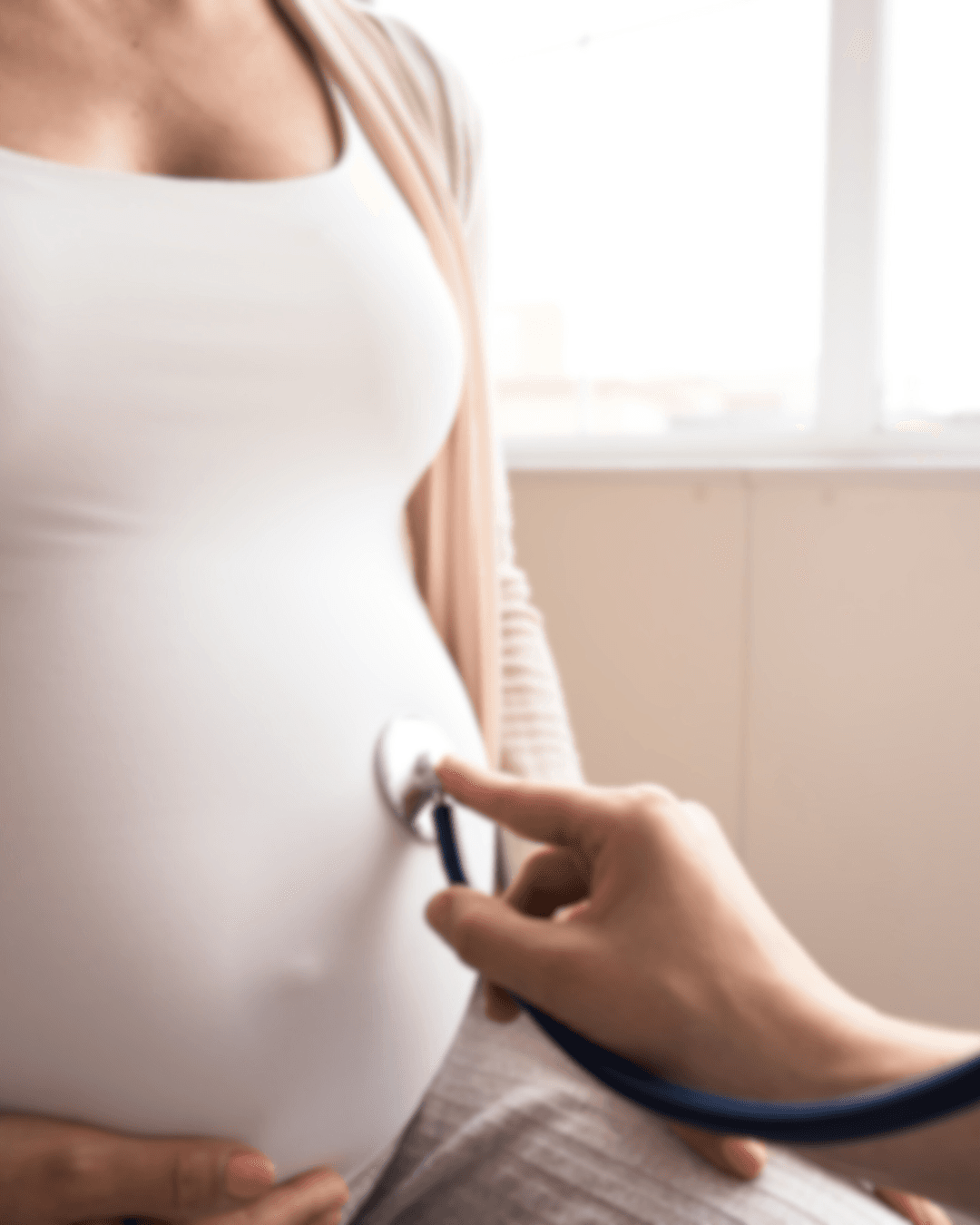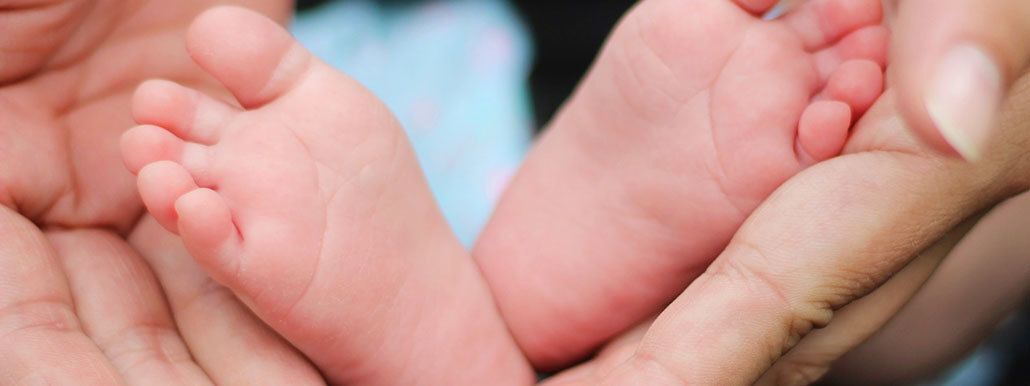
New Jersey has been striving to improve maternal health outcomes for years, but a significant hurdle remains: addressing addiction in pregnant or new mothers. Addiction during and after pregnancy is currently the leading cause of maternal death in the state, according to the New Jersey Department of Health. This issue is compounded by feelings of guilt among patients and a lack of training among doctors to treat this illness effectively. NJ Spotlight News correspondent Joanna Gagis delved into the issue in part one of a two-part series addressing the greatest challenges faced by pregnant or new mothers facing addiction.
In the article, Gagis quoted State Health Commissioner Kaitlan Baston, noting that many pregnant women dealing with addiction are turned away by healthcare providers. “Providers don’t necessarily feel comfortable or know how to treat people in pregnancy. The [women also] get turned away from in-patients if they try to go to a detox or a stabilization. They may get turned away because [programs] say ‘Oh, we can’t treat you, you’re pregnant.’”
In light of these challenges, the Central Jersey Family Health Consortium's Perinatal Addiction Prevention Program offers a vital resource for providers to screen patients for signs and risk factors for substance abuse in the form of the PRA Virtual Forum. The Virtual Open Forum for Providers under PAPP is an interactive platform for healthcare professionals.
- Engages in discussions about perinatal substance abuse services.
- Encourages dialogue, questions, and insights among providers.
- Fosters collaboration in addressing the complexities of substance abuse during pregnancy and the perinatal period.
- Features expert panels covering topics such as:
- Screening and diagnosis
- Treatment options
- Emphasizes a compassionate, non-judgmental approach.
- Aims to improve care and outcomes for mothers and infants.
The Perinatal Addiction Prevention Project staff support prenatal care providers by using the Perinatal Risk Assessment (PRA) tool to evaluate patients for the use of alcohol, tobacco, other drugs, and exposure to trauma and violence. Additionally, it trains providers in harm reduction techniques to help reduce risky behaviors among their patients.
By funneling healthcare providers and expectant mothers to this program, we can bridge the gap in maternal health care and ensure that pregnant and new mothers struggling with addiction receive the support they need. For more information on how to utilize these resources, visit the Perinatal Addiction Prevention Program’s page.


